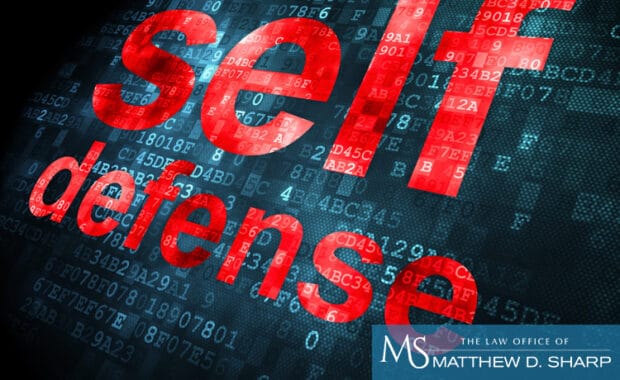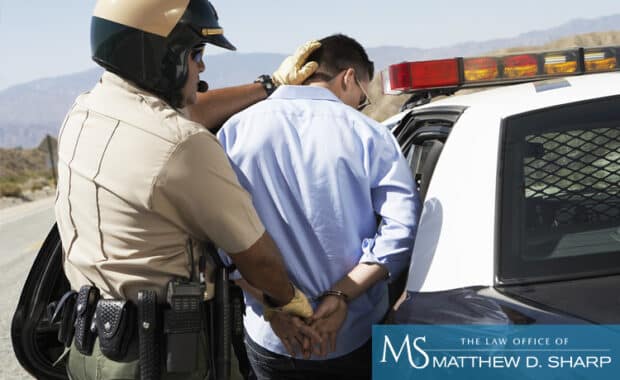In the story linked above a Montgomery County drug dog named “Bianca” alerted on an automobile containing approximately 75 lbs or Marijuana. The alert led to a search and seizure of the evidence, and the arrest of the four occupants. While the story is unclear about the facts surrounding the stop, there are some glaring issues that should concern everyone when reading about drug dog alerts and arrests.
Dogs have been used as investigative tools by law enforcement for many years. Dogs can be trained to detect explosives, drugs, and bodies. This is due to the dog’s heightened sense of smell, and their ability to learn to hone in their senses on specific scents. However, there, like any method the government uses to gather evidence, there are many flaws in evidence collection practices predicated upon dog sniffs.
In the Supreme Court case Illinois v. Caballes, 543 U.S. 405 (2005), the Court held that the use of trained dogs to sniff for illegal drugs in a car operating on a public highway is not a search within the meaning of the Fourth Amendment, because dog sniffs are only minimally intrusive and it occurred in a place where individuals do not have heightened expectations of privacy. According to the Supreme Court, there is no privacy interest in the odor that emanates from even a closed container because that odor is accessible to the public. Therefore, police officers need not establish probable cause or obtain a search warrant before they conduct dog sniffs. Instead, an alert by a trained dog, which identifies the smell of drugs, is probable cause to make an arrest or to obtain a search warrant. Moreover, dog sniffs do not require the opening of, or identify the contents of, containers; they merely indicate the presence or absence of drugs. Courts have expanded upon this “public smell” doctrine and likened it to the “plain view” doctrine that allows for the warrantless seizure of contraband by an officer who witnesses incriminating evidence.
There are, however, certain situations where dog sniffs may be searches subject to Fourth Amendment requirements. Dog sniffs are searches when they occur in places where neither the dog nor the police officer who is handling the dog is entitled to be. In other words, dog sniffs are searches when they occur in settings where the person who is the object of the search has a heightened expectation of privacy.
A dog handler’s behavior is also important in regards to dog sniff evidence. Dog sniffs may challenged when there is a scintilla of evidence showing that the dog was merely responding to its handlers cues, rather than on drugs. Also, if there is an issue as to whether the dog handler saw the dog actually alert to a target, the sniff, or rather the probable cause to search, may be challenged. Many courts will not allow evidence to be admitted if they were obtained from searches predicated upon dog detection if there was, in fact, no affirmative detection.
Based upon the sparse information in the linked news article there is no way to tell if there are facts that could be challenged in relation to the dog detection. A defense attorney must independently investigate the scene, the police officers, the dog handler and the dog in order to determine whether the dog sniff actually passed constitutional and legal muster.
If you or a loved one has been charged with a possession crime where a detection dog’s alert was the basis for the probable cause for arrest then you need an attorney who knows what to look for when challenging the State’s evidence. Contact the law offices of The Law Office of Matthew D. Sharp today for your free consultation.




